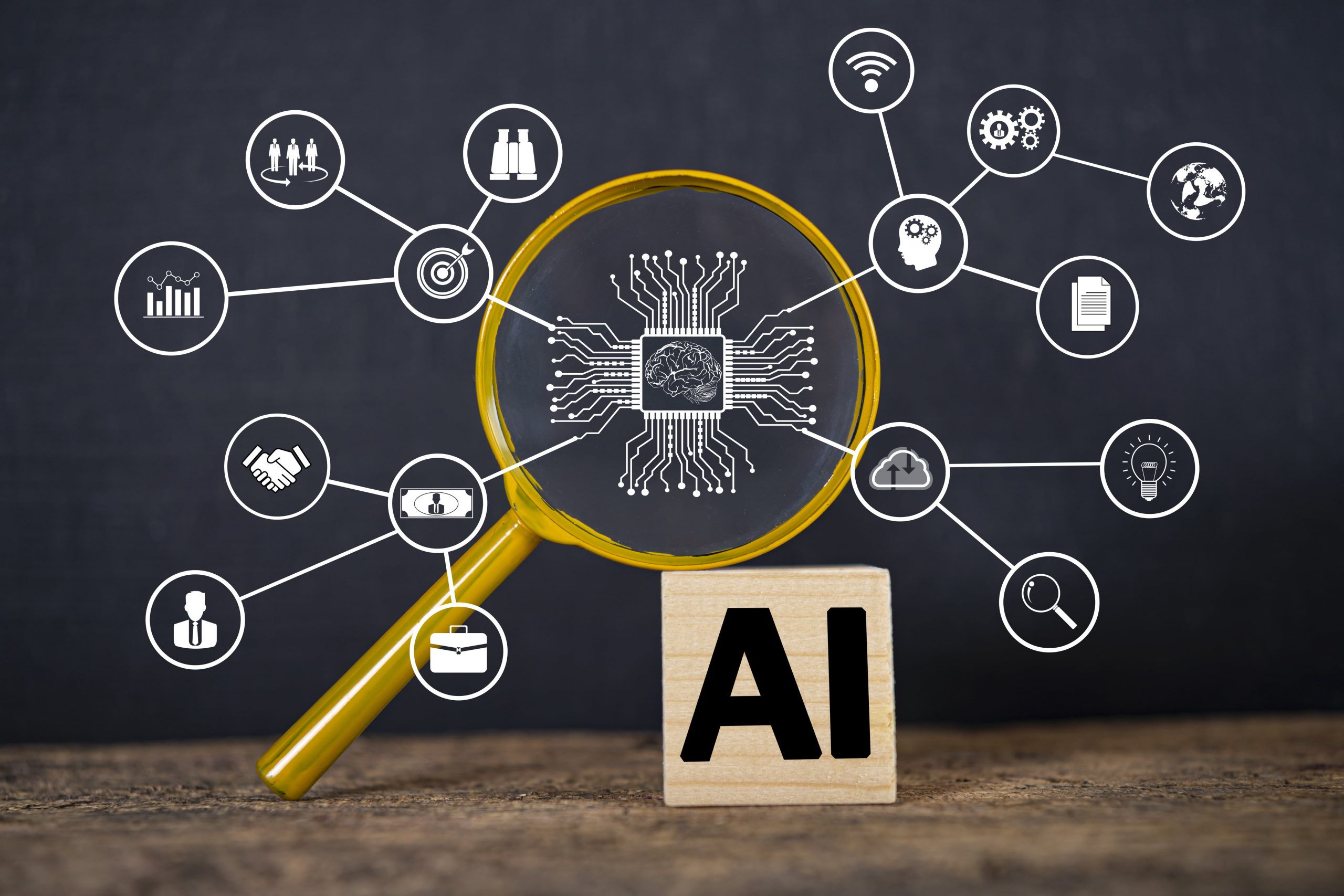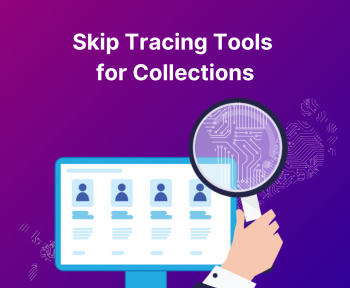With digital transformation emerging as the key theme across business sectors, technology is reshaping processes and experiences in multiple industries. The application of artificial intelligence and its derivative capabilities has been beneficial to many business functions. The incorporation of AI in digital communications is an important development. The application of AI in marketing has opened up a brave new world of communication, allowing businesses to offer personalized experiences to their clients in real time and revolutionizing communication in various domains. AI is transforming how companies interact, communicate, and engage with their audiences.
From personalized chatbots to voice assistants, AI-powered communication tools have transformed the digital landscape. As per industry report, the global AI market was valued at $62.35 Bn in 2020, and is expected to grow at a CAGR of nearly 40% from 2021 to 2026.
Following are some of the major fields where AI is being used.
1) Enhanced customer experience: AI has become a game-changer in improving customer experience across various digital communication channels. With AI-powered chatbots, businesses can provide instant and personalized responses to customer queries, reducing response times, and enhancing customer satisfaction. These chatbots leverage natural language processing and machine learning algorithms to accurately understand and respond to customer queries. Through constant learning and analysis of customer interactions, AI chatbots have become increasingly intelligent and effective at meeting customer needs. This enables businesses to provide 24/7 support and enhance the customer experience while freeing up human agents to focus on more complex issues. AI-powered tools use natural language processing for sentiment analysis and gauge customer feedback based on interactions over social media platforms, emails, and customer support conversations. This valuable insight helps companies tailor their communication strategies to address specific concerns and improve customer engagement.
2) Effective automation of communication: AI in digital communications automates routine and repetitive outreach tasks, streamlining communication processes, and increasing efficiency. For instance, AI-powered email automation can categorize and prioritize incoming messages, draft personalized responses, and schedule follow-ups. This saves time and ensures prompt and accurate communication, boosting productivity. AI-powered voice assistants can schedule appointments, make phone calls, send messages, and perform various other communication tasks, simplifying customer service agents’ daily routines, and making interactions more convenient. Additionally, AI-driven language translation tools have eliminated language barriers, facilitating effective communication across cultures and geographies. Real-time language translation features embedded in messaging apps and video conferencing tools allow individuals and businesses to connect and collaborate seamlessly, fostering global communication by breaking down linguistic barriers.
3) Hyper-personalization: AI enables businesses to deliver hyper-personalized content and recommendations to users, enhancing engagement and conversion rates. By analyzing user preferences, behavior patterns, and historical data, AI algorithms can create highly tailored communication experiences. For instance, social media platforms use AI to curate personalized news feeds, displaying content that aligns with users’ interests and online browsing behaviors. Similarly, AI-powered recommendation engines in e-commerce platforms suggest products based on customers’ past purchases and browsing histories, increasing the likelihood of conversions. AI also plays a pivotal role in targeted advertising, enabling businesses to reach the right audience with personalized messages. AI algorithms can optimize ad targeting by analyzing demographic data, browsing behavior, and social media engagement, ensuring that advertisements resonate with users and drive better campaign outcomes.
4) Data-driven insights: The integration of AI in digital communications generates vast amounts of data, which can be harnessed to gain valuable insights. AI algorithms can analyze communication patterns, sentiment trends, and user behavior to uncover actionable insights. These insights help businesses refine their communication strategies, identify customer pain points, and improve their overall marketing approach. Moreover, AI-powered analytics tools enable businesses to track and measure the impact of communication efforts in real time. By monitoring several marketing metrics such as open rates, click-through rates, and engagement levels, organizations can adapt and optimize their communication strategies for better results. AI-driven analytics provide data-driven decision-making, empowering businesses to make informed choices that align with their communication goals.
5) Deep fake sophistication: Deep fakes are videos and images manipulated using AI to create realistic, fake content that can be used to spread misinformation or dupe innocent audiences. Even as these trends become more and more rampant, social media platforms are using AI to analyze such content and detect signs of exploitation or other indicators of fake content, making it possible for businesses to stop the spread of misinformation at its source.
In the near future, it is expected that advanced AI algorithms will evolve to understand and mimic human emotions, leading to even more natural and empathetic interactions. As per a report by Forbes, the global market size of AI is expected to reach a staggering $407 Bn by 2027, rising substantially from its market size of $86.9 Bn in 2022. Augmented Reality (AR) and Virtual Reality (VR) together with AI could create immersive communication experiences, revolutionizing how we connect and collaborate remotely.
The impact of AI in digital communications cannot be overstated. From improving customer experiences to automating tasks, enhancing personalization, and providing data-driven insights, AI is revolutionizing the way we communicate in the digital realm. By leveraging AI technology ethically and responsibly, businesses and individuals can harness its power to unlock new connectivity, efficiency, and engagement levels in the evolving digital landscape.
FAQs:
- How is AI impacting digital communications?
AI has positively impacted communication by enhancing reach, accessibility and engagement through various means. Virtual assistants, chatbots, language translation, and personalized communication are just a few examples. By dismantling language barriers, enhancing accessibility, and automating routine tasks, AI contributes to the development of a more interconnected and streamlined global society.
- How will AI improve communication?
Artificial Intelligence (AI) is transforming communication by bringing forth a multitude of advancements. With the aid of virtual assistants, chatbots, and language translation, AI enables more accessible and efficient interactions. Additionally, AI-driven personalized communication allows for tailored messaging that resonates with individuals on a deeper level. By automating routine tasks, AI frees up time and resources, enabling people to focus on more meaningful and strategic aspects of communication. Furthermore, AI-powered sentiment analysis and language processing algorithms help gauge audience reactions and sentiments, aiding in crafting effective messages.
- What is the impact of AI on language?
AI has had a profound impact on language, revolutionizing the way we communicate and interact. Language translation powered by AI has made it possible to bridge linguistic gaps, facilitate global communication, and foster cultural exchange. Natural Language Processing (NLP) algorithms have enhanced language understanding, enabling virtual assistants and chatbots to engage in more meaningful conversations. AI has also impacted content generation by automating tasks such as writing news articles or product descriptions.





